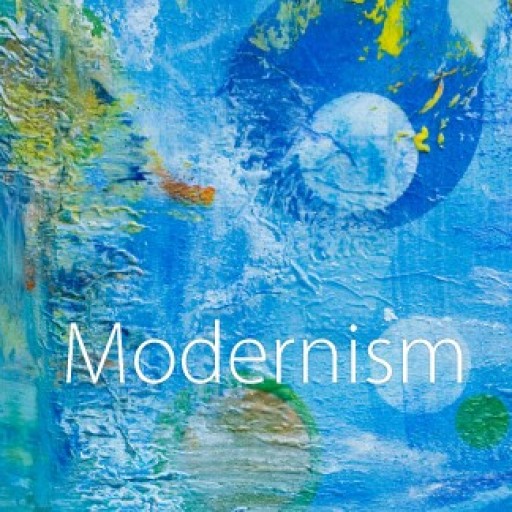Titling his collection as Mere Anarchy was a very bold move for Woody Allen. The word “mere” has two meanings. The first is that it signifies one thing and one thing only. Allen seems to play off of this in his collections of stories. He displays them as his display of many little anarchies. “The Rejection” is one that describes an exaggerated scenario meant to make fun of the importance of “the right school” and how your whole future depends on one event. Boris Ivanovich’s son was not accepted into the best preschool in Manhattan, their life begins to spiral down from there. His tale of this specific instance is written in the style of a19th century Russian novel, this sets his stage of absurdity. Because the problems faced in this story are so unlike those written about in 19th century Russian novels, friction is created and chaos ensues.
The key part of “The Rejection“ for me is the very end. In the last paragraph Boris and his family have lost everything and are destitute from their attempts to maintain their status on the elite Manhattan jungle.”‘I now believe in something,’ he told his wife one day. ‘I believe there is meaning in life and that all people, rich and poor, will eventually dwell in the City of God, because Manhattan is definitely getting unlivable.'” Woody Allen ‘s end is a response to the end of “The Second Coming”. When he is talking about the City of God he is referring to being reborn in the city of god, the traditional meaning of the second coming in the bible. While Yeats seems to fear and predict this in the world, Woody Allen is saying that the “rough beast slouching towards Bethlehem” really needs to hurry up. Mere anarchy has been loosed and the world is now a terrible place. Manhattan, of all places, is unlivable! In a way he’s sort of mocking Yeats. Allen is insinuating that Yeats predicted this and the first part happened, but where is that rebirth? Where is the second coming?
Works Cited:
Allen, Woody. “The Rejection.” Mere Anarchy. New York: Random House, 2007. 93-98. Print.
“Mere”. Google Search. Google. Web. 25 September 2015.
Tabor7, N. “No Slouch.” The Paris Review RSS. The Paris Review, 7 Apr. 2015. Web. 25 Sept. 2015.

Leave a Reply